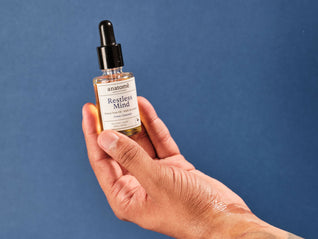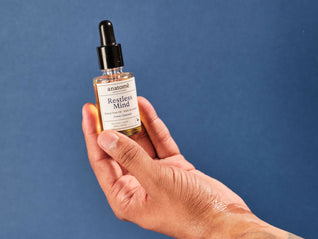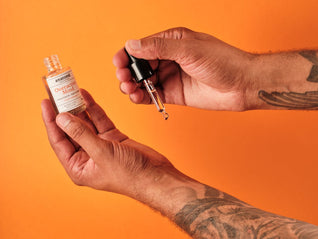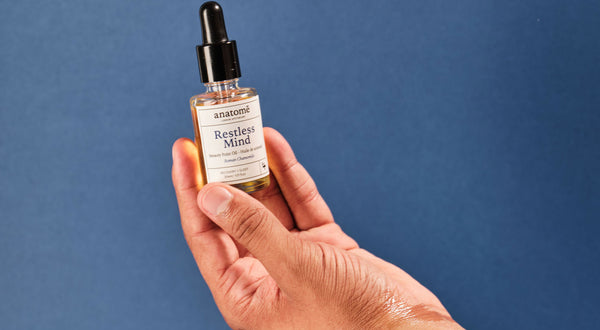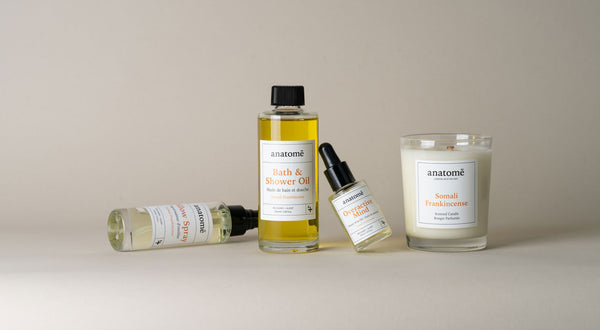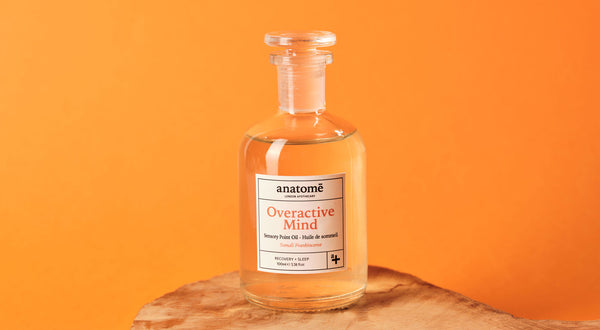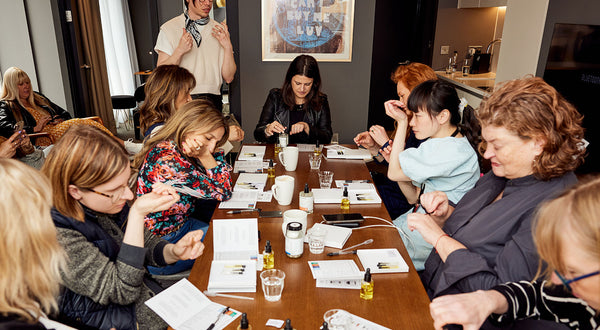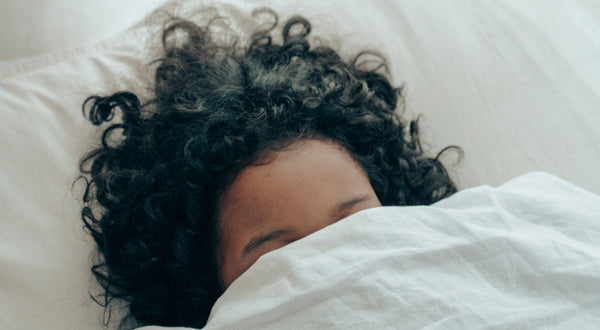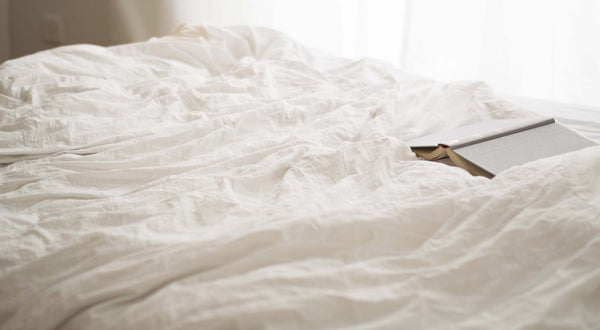A good night of sleep is the cornerstone of both physical and mental health. It helps improve productivity, quality of life, and helps to strengthen the immune system, among a number of other things. One thing that a lot of people overlook when it comes to their sleep health is a routine. A bedtime routine can play a key part of achieving a good night of sleep, night after night.
Why do it
The importance of establishing habits and routines has long been an established factor in overall health (1). In fact, it’s said that “there [is] a strong trend of decreasing mortality risk with increasing [the] number of positive health behaviours”(2). This includes establishing a healthy routine for getting to sleep. By creating a habitual routine around going to bed, it helps to train your brain that it is time to fall asleep every night, regardless of how much you might be overthinking or how much you might worry about getting to sleep.
Not everyone has the exact same routine for getting to bed, we all have to do whatever works to relax us and help us get into the frame of mind for falling asleep. “Researchers have demonstrated… that improving sleep hygiene knowledge and practices is an effective treatment for insomnia,”(3). Implementing something that works for you is the best way for you to fall asleep and stay asleep night after night. Below are a few things you can try incorporating into your bedtime routine to help you sleep better and be healthier as a result.
Bathing
A bath is one of the best things for self-care, healing your muscles, and for sleeping better. Researchers studying the effects of bathing on both the young and the elderly found that “During the first 3 h of sleep, body movements were less frequent after bathing for both the young and the elderly subjects. The results suggest that a bath before sleep enhances the quality of sleep, particularly in the elderly,” (4). Bathing can have a significant effect on the state of your mind and body. It relaxes the muscles and helps calm the mind, especially if you bathe in a salt solution.

Skincare routine
Implementing a skincare routine at the end of the day not only takes care of your skin, but can help you form a habit that allows you to be fully present and calm before you go to bed. One study found that by improving the skin of patients, it subsequently improved their quality of sleep (5). While you may not need to improve your skin, implementing a skincare routine can become a form of meditation that allows you to calm your mind and soothe any troubles you may have.
Using scent
Essential oils are a scientifically proven way to help improve your quality of sleep. Not only does the daily use of the scent near bedtime help to enforce in the brain that it’s time for you to fall asleep, but a review of over 15 different studies found that, “a majority of the study findings suggested a positive effect of essential oils on sleep,’(6). One of these studies discovered that in comparison to their control group, the sleep quality of those using aromatherapy to fall asleep improved significantly (7). Some essential oils are more powerful than others with Lavender, Chamomile, Seaweed, Frankincense and Rose being the most impactful and the most studied in terms of their effectiveness. Implementing essential oils into your nightly routine can be one of the most helpful ways you can improve your sleep.

Meditation
Meditation is a great way to train the brain and focus on the body. Mindfulness meditation has been proven to reduce stress and improve the quality of sleep. One review of 47 different meditation studies found that, “meditation programs can reduce the negative dimensions of psychological stress,”(8). By reducing stress, it can help you fall asleep easier and stay asleep for longer. When you implement a strategy to help reduce stress, it can increase your alpha brain waves, which helps to improve the quality of your sleep.
These are just a few of options that you can implement into your daily bedtime routine. No matter what you choose to include in your routine, there is no doubt that by incorporating things that reduce your stress and calm the mind and body, it helps to improve the quality of your sleep.
References:
- https://pubmed.ncbi.nlm.nih.gov/26325170/
- https://www.jabfm.org/content/jabfp/25/1/9.full.pdf
- https://www.tandfonline.com/doi/abs/10.1080/08964280209596396?needAccess=true&instName=University+of+the+Arts+London&journalCode=vbmd20
- https://link.springer.com/article/10.1007/s004210050560
- https://www.liebertpub.com/doi/abs/10.1089/acm.2013.0311
- https://www.sciencedirect.com/science/article/abs/pii/S1876382017300951
- https://jamanetwork.com/journals/jamainternalmedicine/fullarticle/1809754
